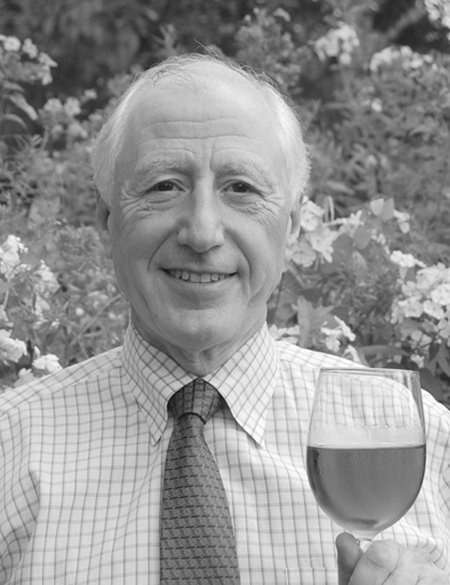Police Give the Street to Millions March Westchester
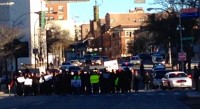
Rather than conflict and violence, a peaceful protest in White Plains, Saturday, was met with police support.
December 13 was a “Day of Anger” across the United States. Millions were expected to gather in major cities including Manhattan and Washington, D.C., to demand an end to police impunity after several unarmed black men were killed by police in separate incidents and grand juries decided not to pursue investigations of the officers involved in the deaths.
The Millions March Westchester, in solidarity with others around the country was organized by Wespac Foundation, Westchester Coalition for Police Reform, and Community Voices Heard. They began their demonstration with a rally and sing-a-long at 1 p.m. in front of Wal-Mart on Main Street in White Plains.
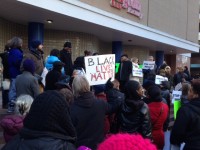
As the crowd gathered on the steps at 275 Main St., police also began to gather and there were murmurs about how each side might be prepared to deal with potential acts of civil disobedience. The demonstrators apparently did not have a permit to march.
The intent of the gathering crowd was to make their voices heard by those doing their holiday shopping. They chanted: “Black lives matter.” “No Justice, no peace.” “No business as usual. No Christmas as usual.”
As marchers stepped off the sidewalk on their way up Main Street to N. Broadway and The Westchester Mall, White Plains Police on motorcycles and in squad cars moved quickly ahead, lights flashing and sirens sounding, to alert motorists to move out of the way. They cleared the path at each intersection and down every street, giving the demonstrators full access to the road.
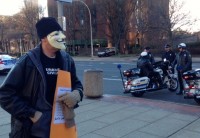
This action was met by surprise by those marching. Smiling, they raised their voices louder.
Geoff Smith, a local lawyer who took part in the march said, “This is a big statement. They gave us the street.”
After visiting The Westchester, the demonstrators marched to Macy’s and down Martine Avenue to the White Plains Public Safety Building where they left a coffin bearing the names of those killed on the steps.
The dead remembered were Christopher Malone, Irma Marquez, Oscar Grant, Sean Bell, Samuel Cruz, D.J. Henry, Kenneth Chamberlain, Sr., Michael Brown, Trayvon Martin, Eric Garner.

Speaking in front of the White Plains Police Department, Kenneth Chamberlain, Jr., whose father was shot by police during a medical emergency response, thanked everyone for coming out. He noted that recent acknowledgement by the Department of Justice to investigate future shooting incidents was not enough, but that incidents that have already happened need to be investigated. “That’s an easy way out,” he said.
Chamberlain further noted that communities need law enforcement and that they should work respectfully with them.
In an email after the march White Plains Public Safety Commissioner David Chong sent this comment to The White Plains Examiner: “I would like to thank and commend the demonstrators for making their concerns known but expressing them in a peaceful and respectful manner. The police department is there to insure everyone’s safety and I commend my officers for a job well done. When we cooperate together in a respectful manner, freedom of expression is that much more powerful.”
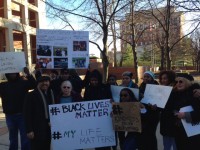
On a flyer, handed out during the demonstration, marchers outlined their demands.
- A Congressional Hearing investigating the criminalization of communities of color, racial profiling, police abuses and torture by law enforcement.
- Removing local district attorneys from the job of holding police accountable, and instead having independent prosecutors at the local level charged with prosecuting officers.
- The establishment of community review boards that have subpoena power over police misconduct, instead of allowing police departments to police themselves.
- Defunding local police departments that use excessive force or racially profile. Instead of having the Department of Justice (DOJ) wholesale giving more than $250 million t local police departments annually. DOJ should only fund departments that agree to adopt DOJ best practices for training and meaningful community input.
- The demilitarization of local police departments.
- Investing in programs that provide alternatives to incarceration, such as community-led restorative justice programs and community groups that educate people about their rights.

